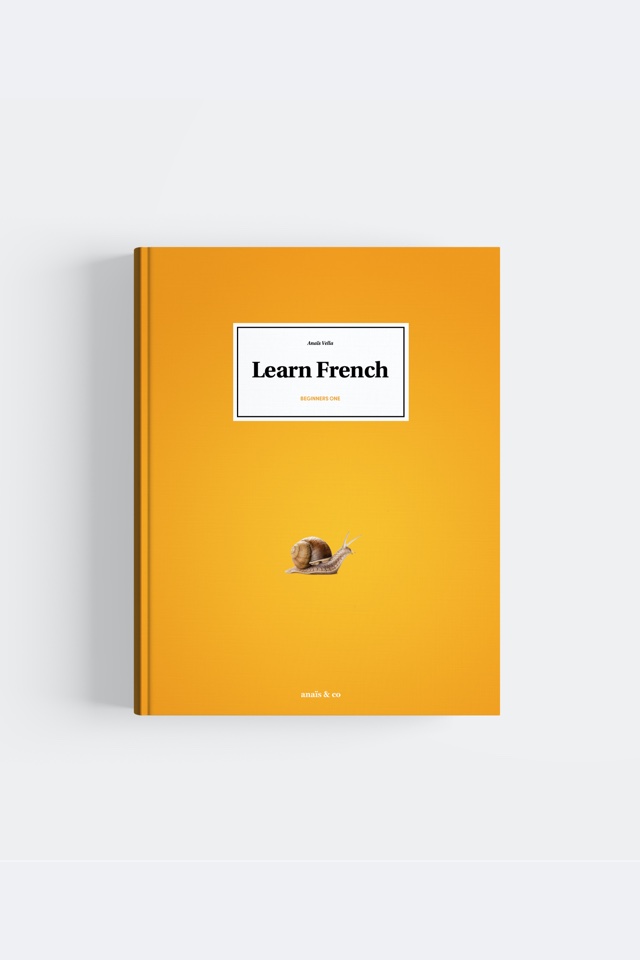

| French | English |
|---|---|
| Des choux de Bruxelles (masculine) | Brussels sprouts |
| Des épinards (masculine) | Spinach |
| Des haricots (masculine) | Beans |
| Des lentilles (feminine) | Lentils |
| Des petits-pois (masculine) | Peas |
| Du maïs | Corn/sweet corn |
| Un artichaut | An artichoke |
| Un brocoli | Broccoli |
| Un céleri | A celery |
| Un champignon | A mushroom |
| Un chou | A cabbage |
| Un chou-fleur | A cauliflower |
| Un concombre | A cucumber |
| Un oignon | An onion |
| Un poireau | A leek |
| Un poivron | A pepper |
| Une asperge | An asparagus |
| Une aubergine | An aubergine |
| Une betterave | A beetroot |
| Une carotte | A carrot |
| Une courgette | A courgette |
| Une patate douce | A sweet potato |
| Une pomme de terre | A potato |
| Une salade | A salad |
| Une tomate | A tomato |
There is no “z” link between “des” (or “les”) and “haricots,” see “silent letters and links” in this book.
For “un oignon,” “une aubergine,” “un artichaut,” and “une asperge,” use the “n” link. For “des épinards,” use the “z” link.
Instead of “une pomme de terre” you may hear “une patate.”

More in the books
Werther you are learning by yourself, with Anais and Co or if you are a FLE teacher find this lesson and many more in a beautiful book.
Be notified when we upload a new video.